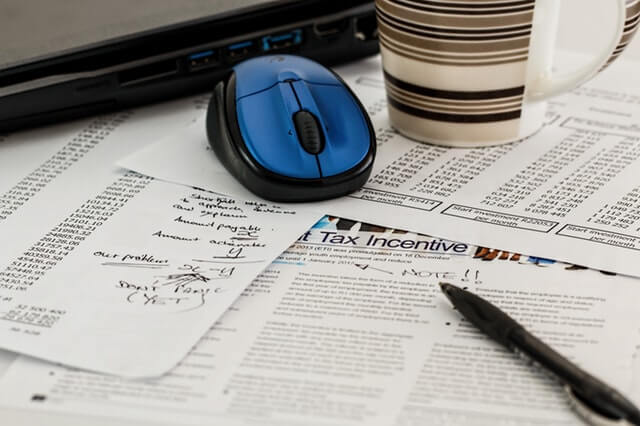What Does Tax Accounting Mean?
Tax accounting is a form of accounting that focuses, as the name suggests, on both tax returns and payments (source: Limited Company Help) The type of tax returns you might need to submit will depend on various details of your business. Therefore, it’s important to ensure you know exactly where your business stands and what’s required of it in terms of tax.
A tax accountant can help to advise you on which tax accounting methods would be suitable for your business, how to calculate the amount of tax you need to pay, as well as how to finance for future payments.
Depending on the nature of the business, some choose to fill in their tax returns themselves, whilst others seek the help of tax accountants and advisors. Tax accountants and advisors can help to make the process of filling in your returns easier, bringing an advanced know-how in taxes, and the requirements expected of your business.
What Are the Different Types of Accounting?
Tax is only one of a range of different areas within accountancy, some of the other areas including the following:
Financial accounting: this area of accounting is what you might traditionally associate accountants with, this being to record the financial transactions of a company. Financial accountants keep track of a company’s position financially, basing this off of both the incomings and outgoings of the business, as well as liabilities and the way money moves throughout the company. Reports from financial accountants are for external use, read by potential investors as well as shareholders.
Forensic accounting: accountants involved in this area of expertise use their specialised techniques to help solve crimes and legal issues. Forensic accountants will be used to help uncover embezzlement and fraud by analysing financial evidence. However, this is not the only area within the legal system where a forensic accountant may be used – they can also help to decide settlements for those getting divorced based on the couple’s incomes.
Management accounting: similar to financial accounting, management accounting also keeps track of a company’s position financially, and makes reports on this. However, one key difference is that the reports from management accounting are used internally, rather than the external use of financial accounting reports. Management accounting reports are used by those within the company to help them make more informed decisions for the business.
How Much Should I Pay an Accountant to Complete a Self-Assessment Tax Return?
For a self-assessment tax return, accountants should only charge a one-off fee, which can typically range from anything between £150 to £250, however, some may charge more than this. In general, the higher the income, and the greater the sources of income, the higher accountants will charge for this service.
Whilst basic self-assessment services will cost around the figure of £250 or under, more complex cases can fetch higher prices than this, as they will often require considerable amounts more of work.
Although accountants do come at a price, they can save you time in managing this area of your business, and (if they’re good) they should be able to identify tax saving areas, meaning you could end up saving more on your tax bill than the accountant cost in the first place.



















